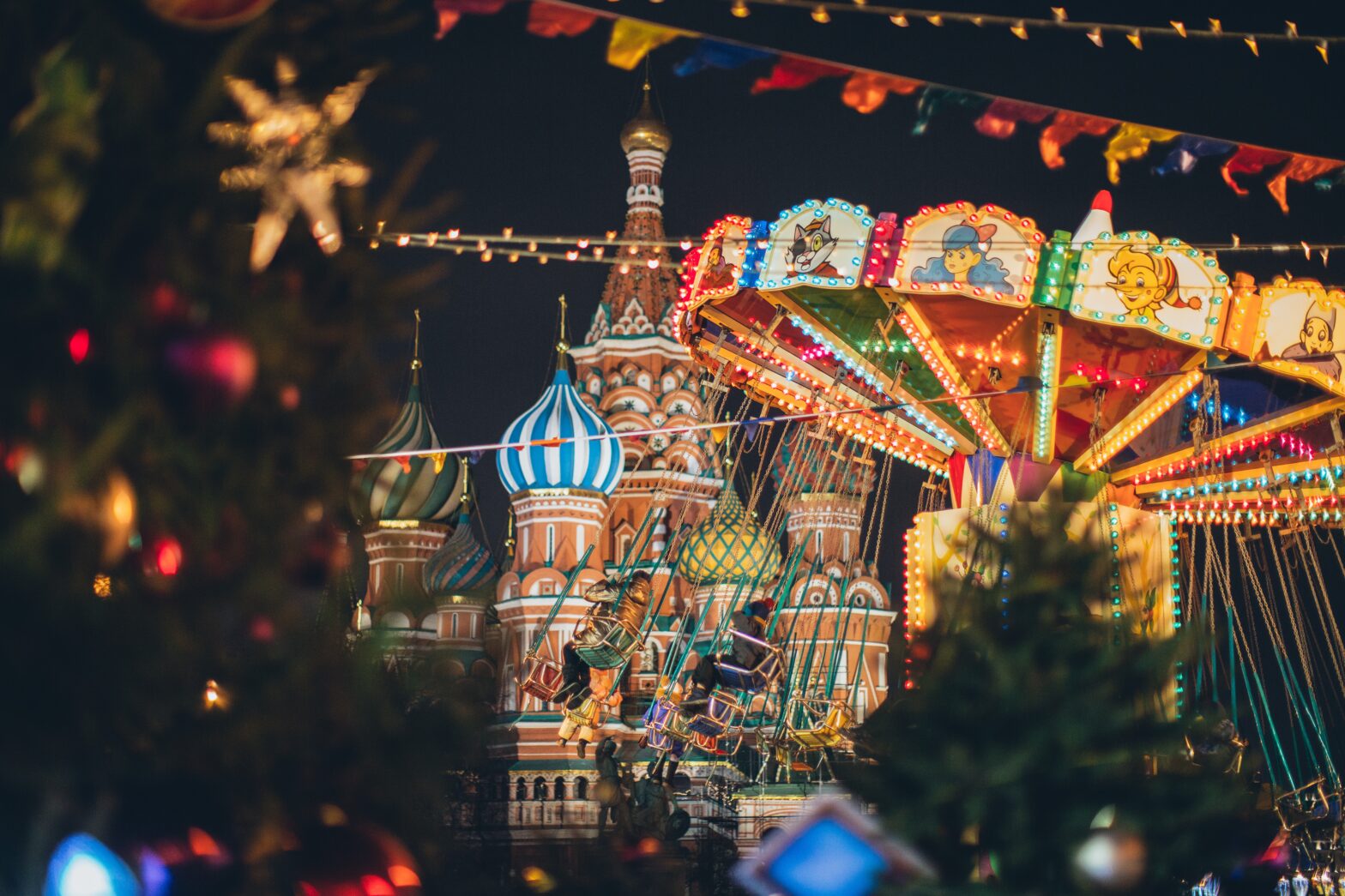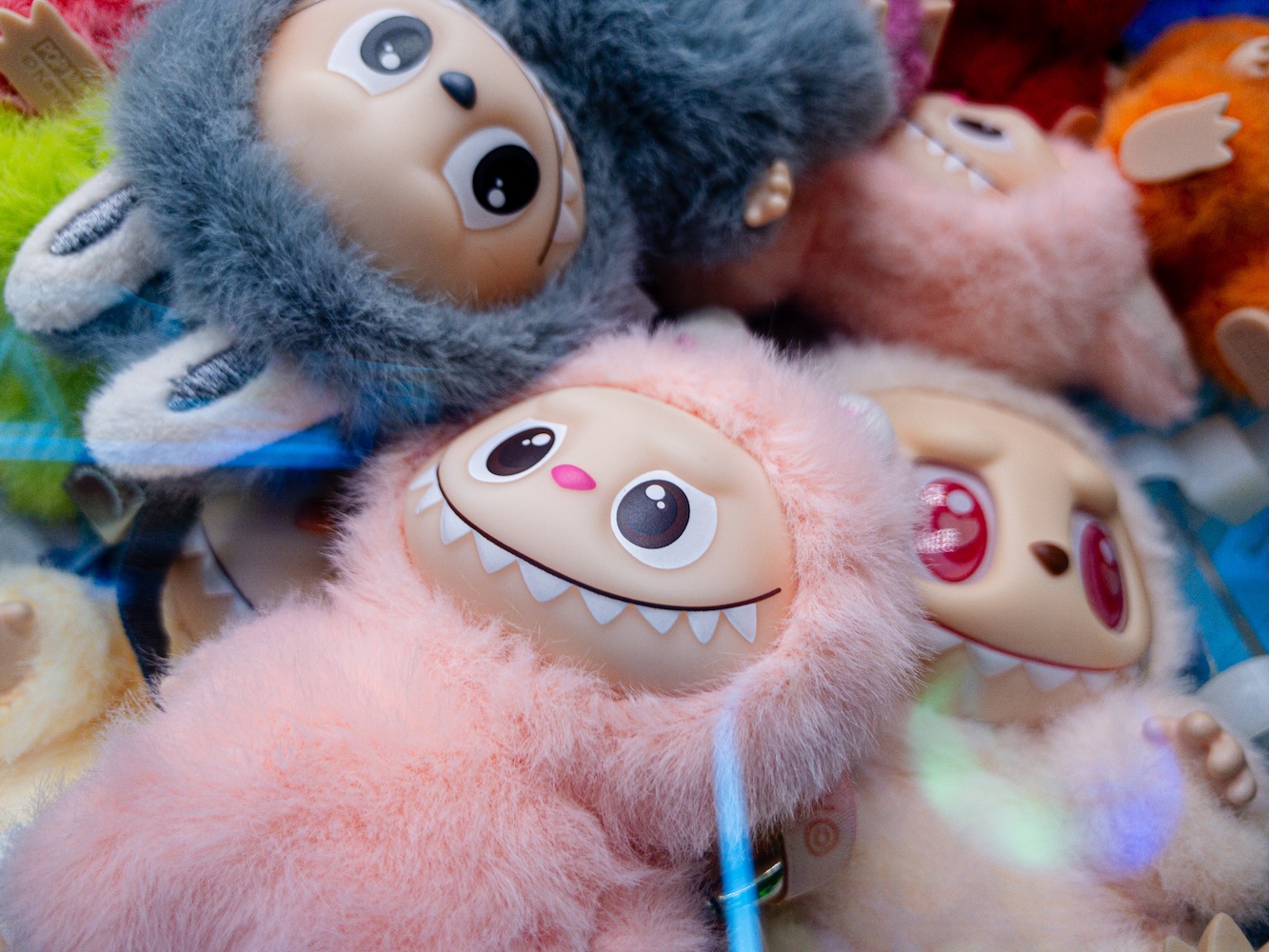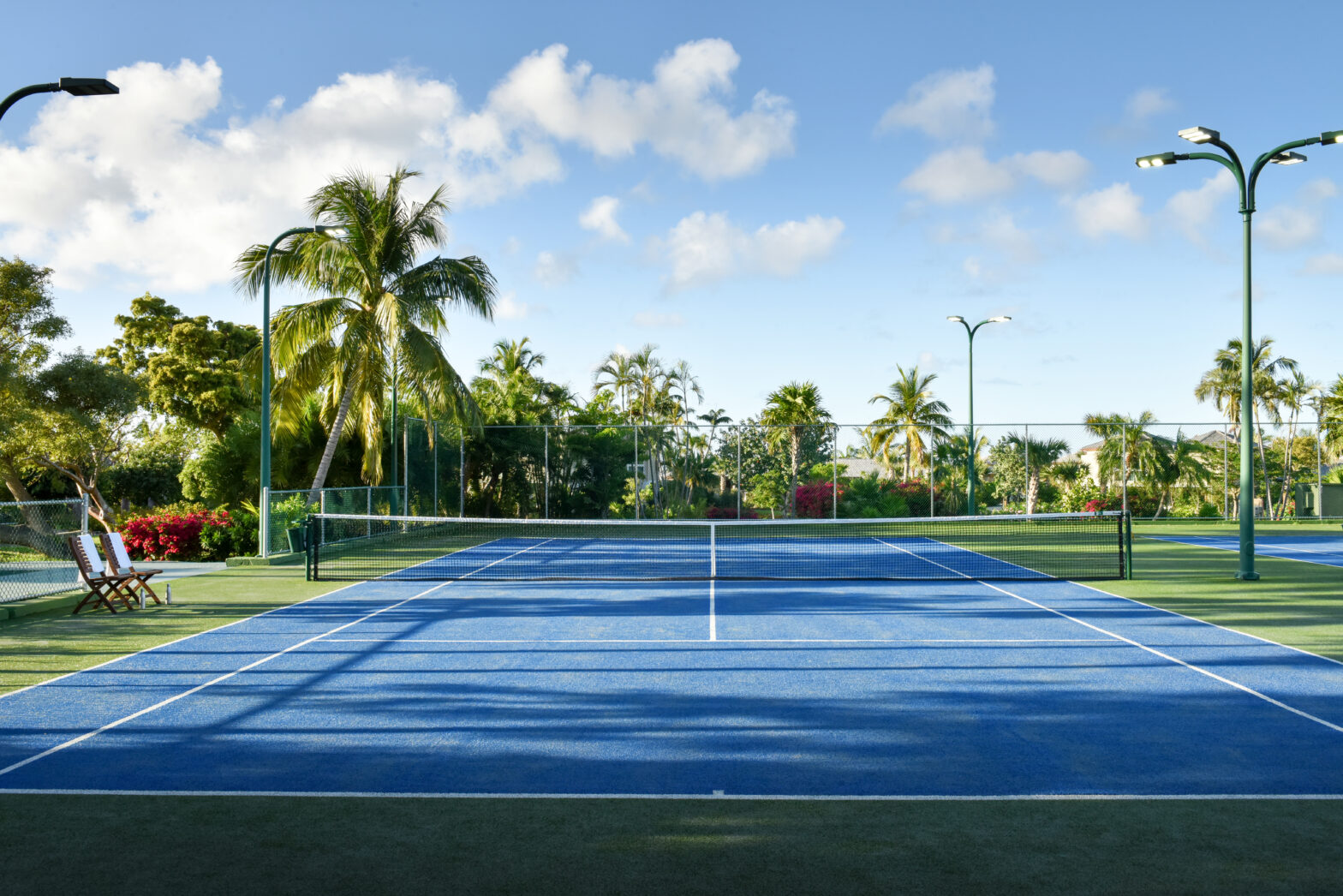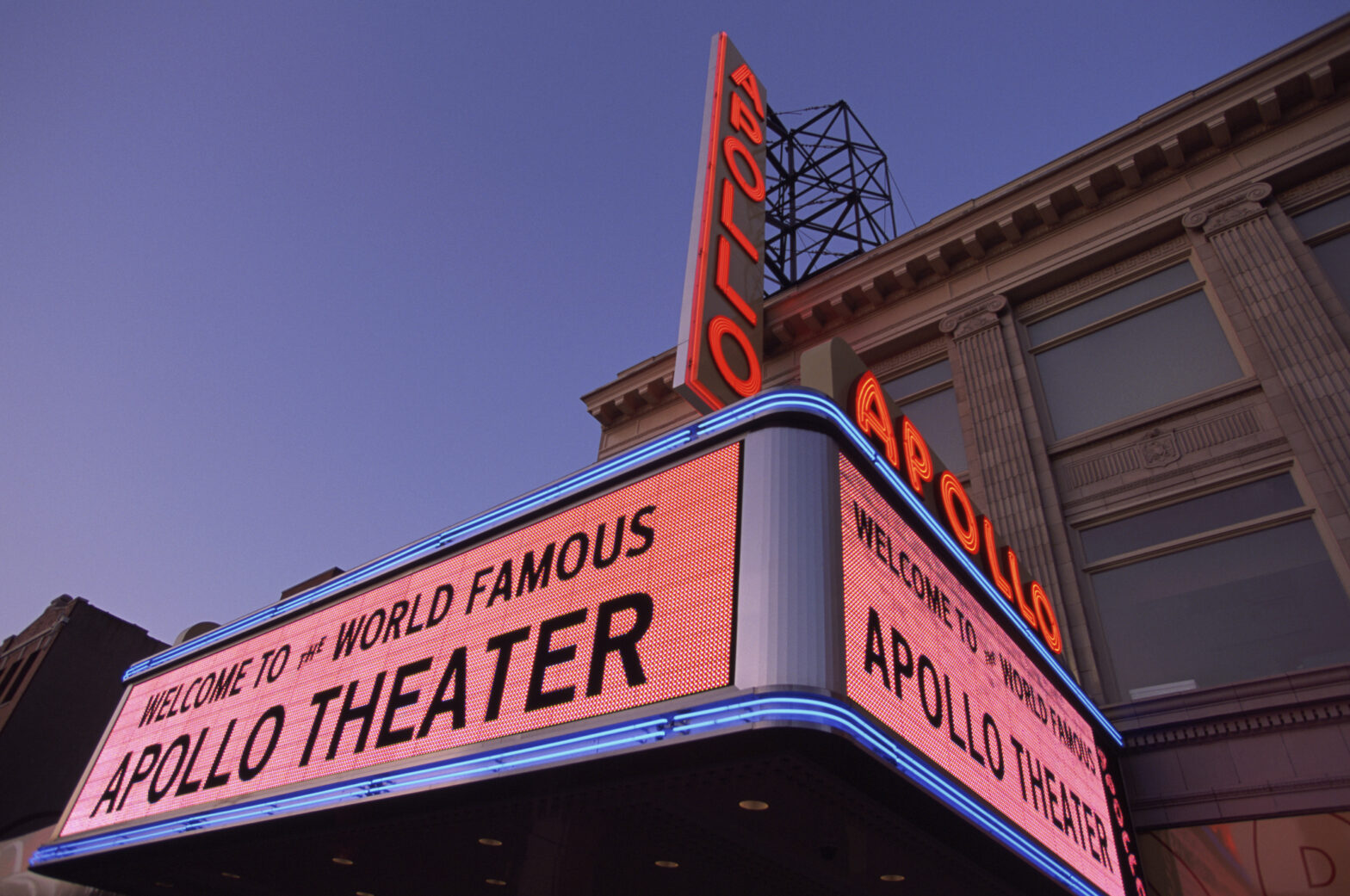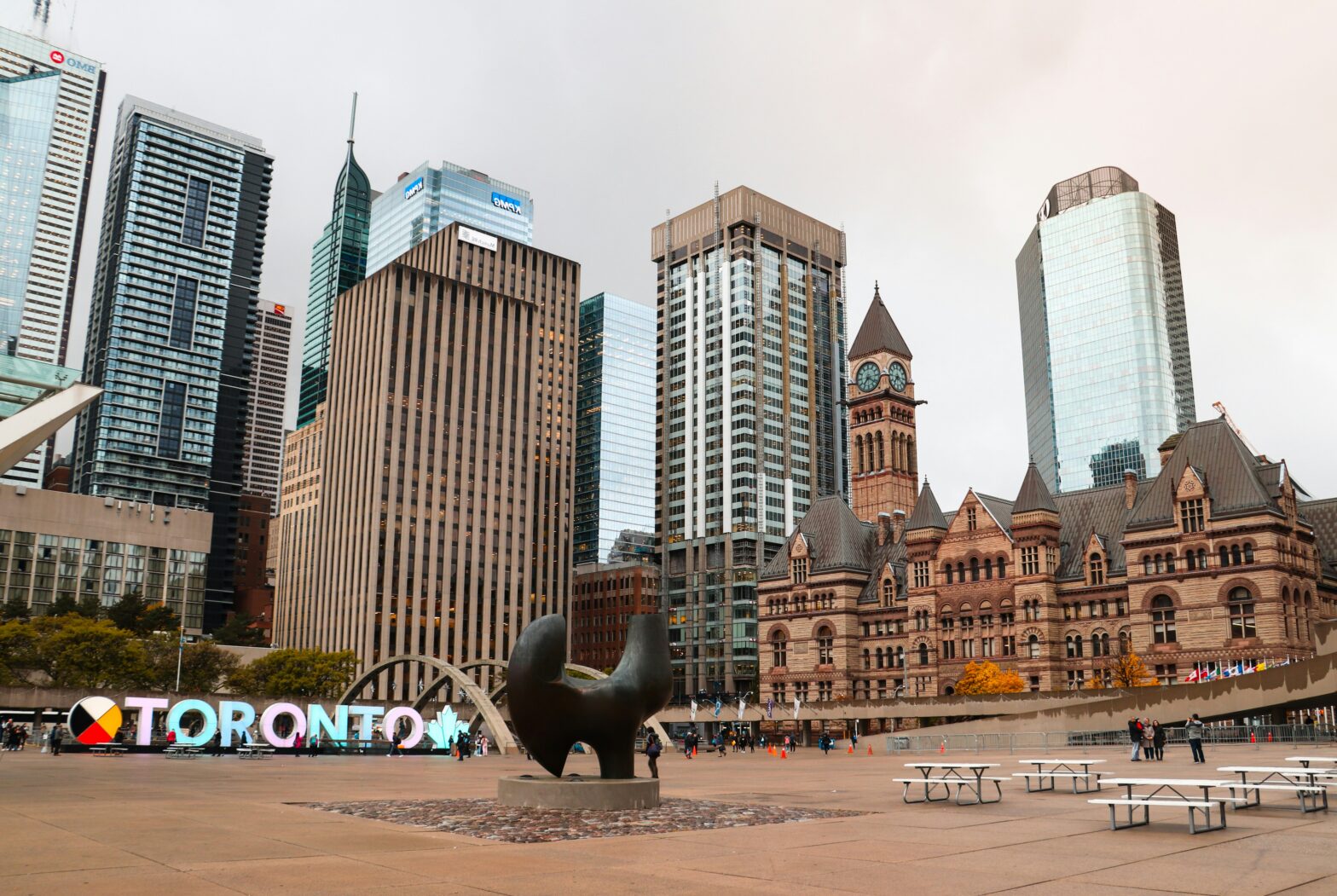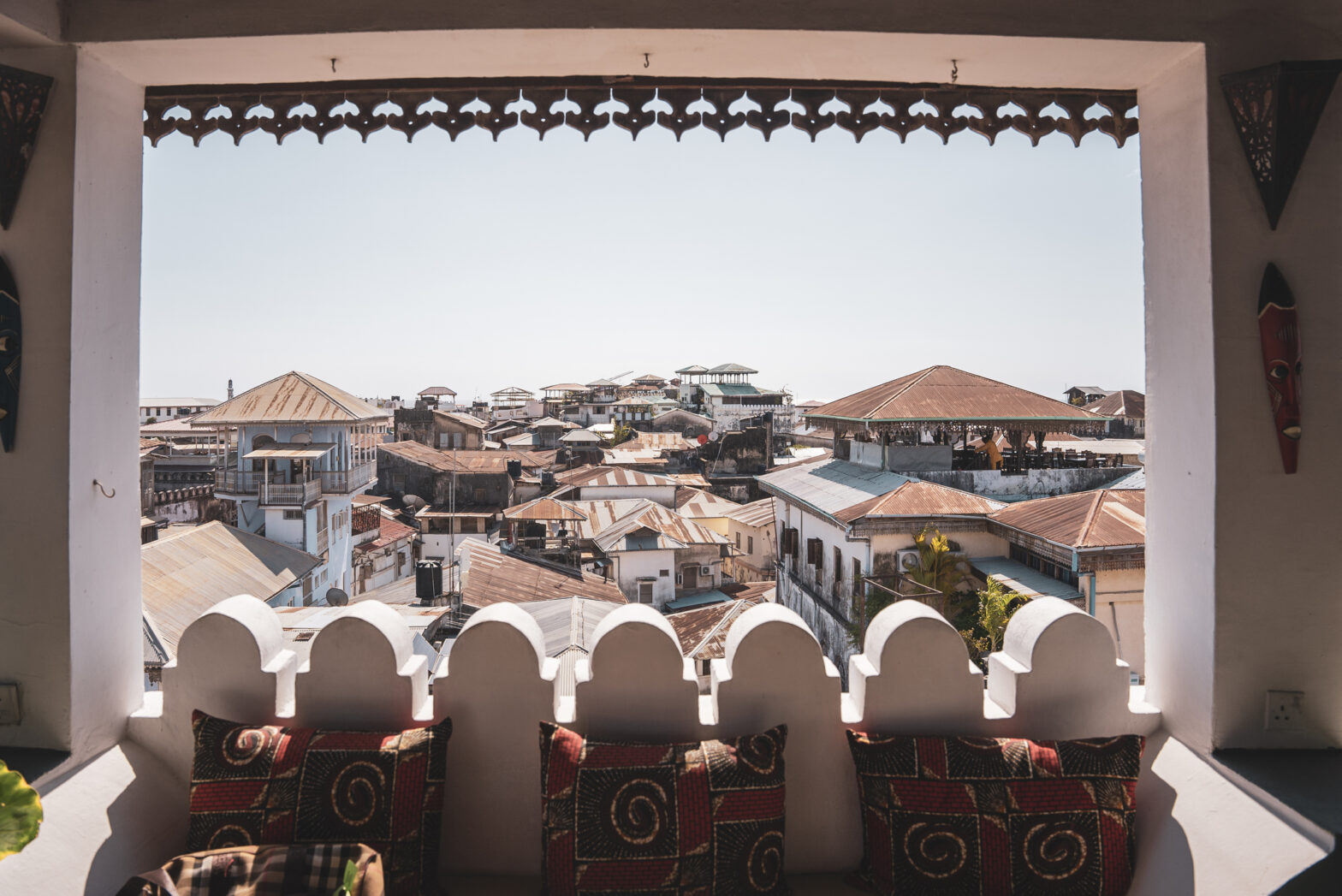When it comes to global holiday customs, there is no season more festive and universal than Winter: the confluence of cozy cultural celebrations, magical traditions, and bustling winter festivals. As unique as they are diverse, there’s a world of winter holidays to discover. Here’s a curated guide to winter celebrations around the world, complete with travel inspiration and tips.
Christmas: One of the Most Celebrated Holidays Worldwide
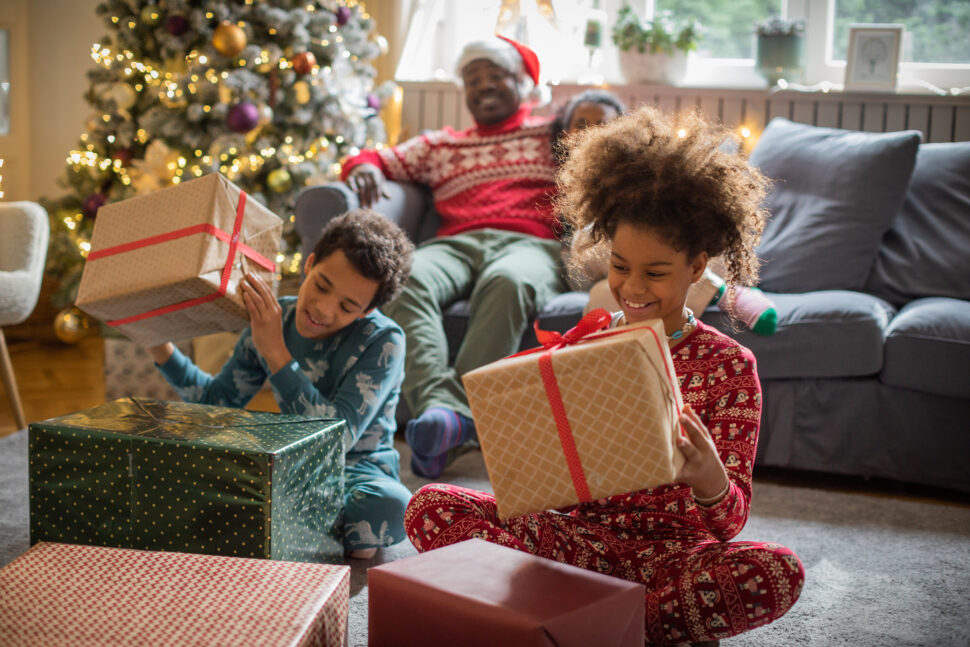
Christmas is often the first thing that comes to mind for the winter holidays. Celebrated on December 25th, Christmas is a Christian holiday that celebrates the birth of Jesus Christ. While it is a Christian holiday, modern traditions, such as Christmas trees and the giving of gifts, have roots in Paganism and modern societal changes. While most have a common idea of what the holiday looks like, Christmas traditions vary widely from country to country.
Europe: European cities like Prague, Vienna, and Munich host festive Christmas markets filled with seasonal food, handmade gifts, and mulled wine. In the Netherlands, Sinterklaas is celebrated on December 5, where children eagerly await gifts from St. Nicholas.
Russia: Orthodox Christmas is celebrated on January 7, and Russian celebrations feature religious traditions, unique foods, and vibrant decorations.
Latin America: In El Salvador, Mexico, Guatemala, and Honduras, Las Posadas runs from December 16th to December 24th. The name, Las Posadas, comes from the Spanish word for lodging or accommodations, referring to the inn from the Nativity story. There are often piñatas, parties, caroling, and plenty of food.
United States and Canada: In North America, Christmas lights transform cities into winter wonderlands, with traditions like Santa Claus parades and Christmas light displays in neighborhoods sometimes serving hot chocolate and holiday treats.
Hanukkah: The Festival of Lights
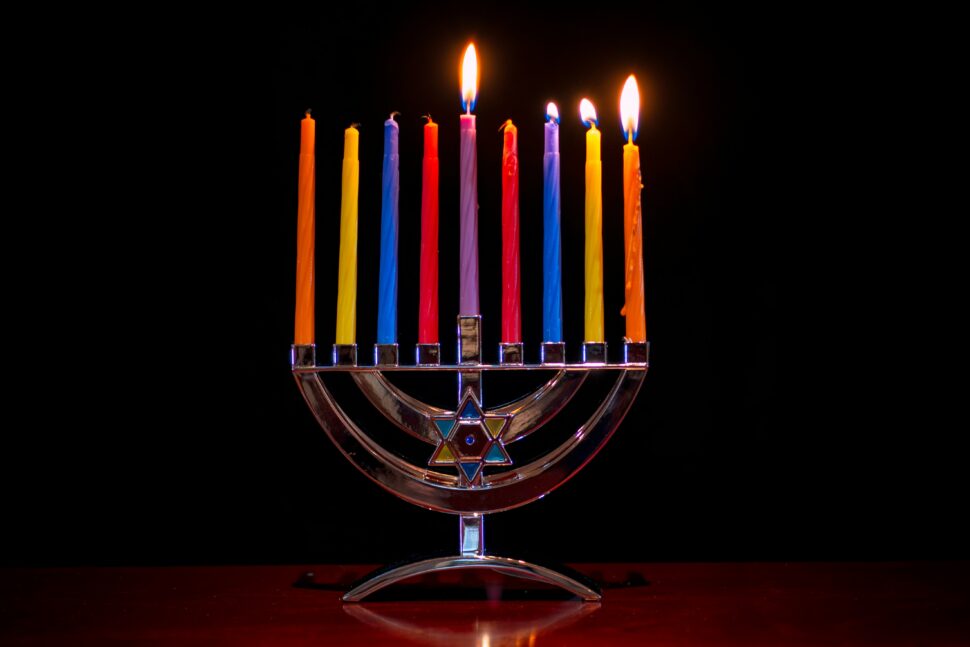
Hanukkah, also known as the Festival of Lights, is an eight-day Jewish celebration occurring in December, featuring the lighting of the menorah, games, songs, and traditional foods like latkes and sufganiyot. In Hebrew, Hanukkah means “dedication”, and marks the re-dedication of the Temple of Jerusalem in 2nd century BC after it was liberated from Antiochus IV Epiphanes by a small group of Jewish fighters called the Maccabees.
Israel: Hanukkah festivities are especially vibrant, with menorahs displayed in windows, lively street celebrations, and delicious foods filling the markets.
United States: In cities with large Jewish communities, public menorah lightings are held, and families come together to celebrate this joyful holiday. Atlanta, Georgia has Grand Menorah Lightings and Hanukkah Celebrations held on the eight nights in Decatur Square. Los Angeles features a Hanukkah on the Canals Parade in Venice Beach, and New York City will be holding its 10th annual Latke festival, which benefits local nonprofits.
New Year’s Eve: The Countdown to the New Year
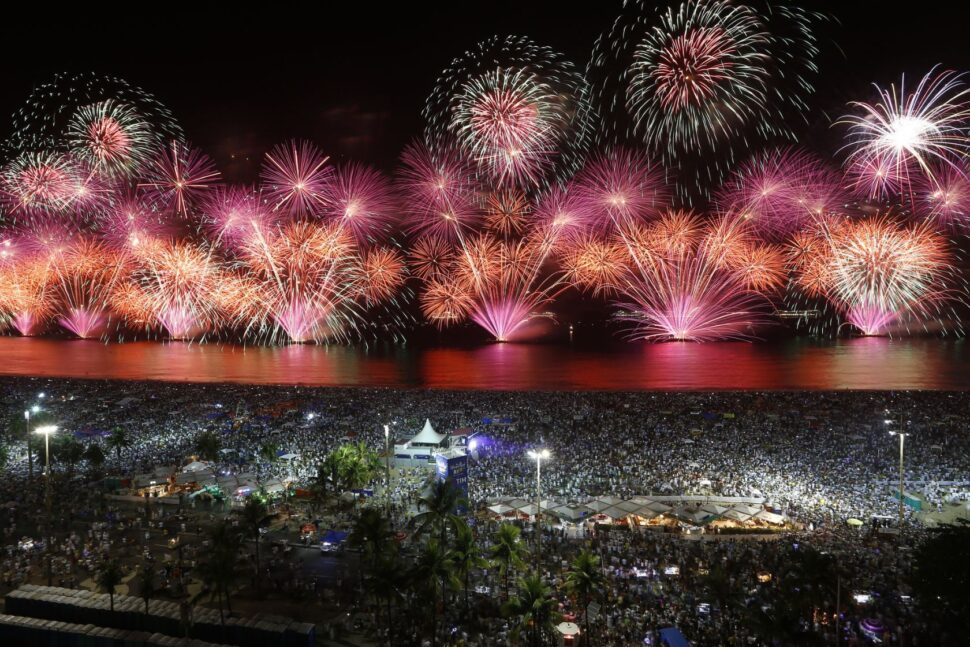
When it comes to winter holidays around the world, one can’t leave out New Year’s Eve. The arrival of the New Year is celebrated in nearly every country, each with its unique twist on the festivities. While some religions and customs have their own traditional marking of the new year, it’s marked internationally as being the night of December 31st rolling into January 1st.
Japan: Japanese New Year, or Shōgatsu, involves visiting temples and shrines for blessings, with a focus on family gatherings and introspection.
Scotland: Hogmanay, Scotland’s unique New Year celebration, is known for its epic street parties, torch-lit processions, and the tradition of “first footing,” where a dark-haired guest is considered lucky for the household.
New York City: For a classic New Year’s Eve experience, many flock to Times Square for the iconic ball drop, while other major cities like London, Sydney, and Rio de Janeiro have their own grand celebrations and fireworks displays.
Diwali: The Hindu Festival of Lights
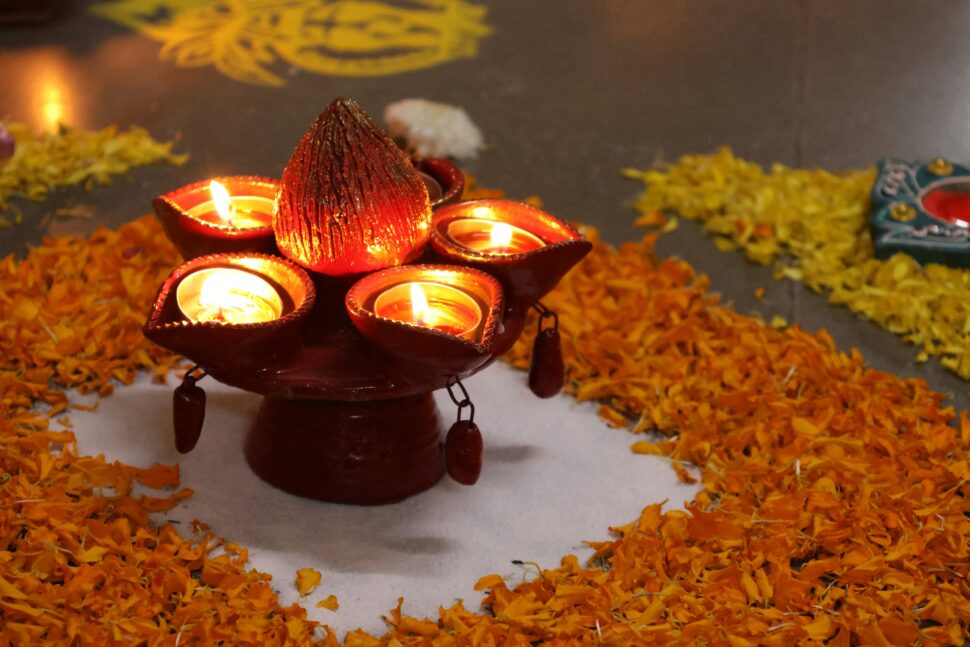
While Diwali is celebrated in autumn, it’s a festival worth including as it often extends into winter and captures the season’s festive spirit. The Hindu festival of lights, there are variations on Diwali celebrated in other Indian religions, such as Jainism and Sikhism. The celebration is meant to symbolize the victory of Dharma over Adharma. In that comes the victory of good over evil and knowledge over ignorance.
India: Diwali, also known as Deepavali, is celebrated with colorful lights, fireworks, and elaborate feasts. It’s celebrated with Diya lighting, puja (worship and prayer,) vrat (fasting), home cleansing and decorating, gifts, fireworks, and a feast complete with traditional sweets.
Across the Globe: Many Indian communities worldwide celebrate Diwali, with vibrant lights festivals and cultural events in cities like London, New York, and Singapore.
Yule: Ancient Winter Solstice Traditions

Yule is a winter solstice celebration originating from ancient pagan traditions in Scandinavia and Germany, often held on December 21, the shortest day of the year. Many traditions of Yule have been adopted into those typically associated with Christmas. Traditional Yule celebrations include decorating oak logs with pine cones, berries, and placing it in the fireplace – or just setting up an outdoor bonfire.
Scandinavia: Yule traditions include decorating homes with greenery, lighting Yule logs, and feasting. It’s a time for gathering with family and honoring nature’s cycles.
Modern Celebrations: Today, many winter solstice celebrations are held worldwide, celebrating the return of longer days with bonfires, candle-lit gatherings, and seasonal feasts.
Kwanzaa: An African-American Celebration of Heritage
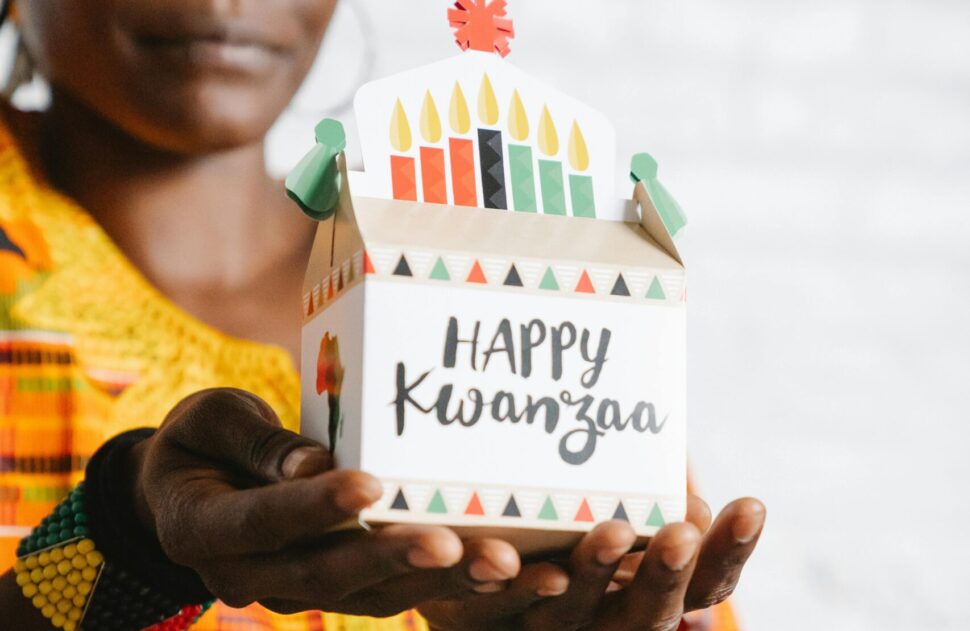
Kwanzaa is celebrated from December 26 to January 1 in the United States, focusing on African-American culture, heritage, and community. A kinara, a seven-branched candleholder, is used to hold candles symbolizing the seven principles that the holiday celebrates: Unity, self-determination, collective work and responsibility, cooperative economics, purpose, creativity, and faith.
United States: Each night of Kwanzaa focuses on one of seven principles, celebrated with music, readings, and symbolic lighting of candles. Cultural festivals are often held in major cities to honor Kwanzaa’s themes of unity and resilience. The typical greeting for Kwanzaa is “Joyous Kwanzaa.”
Lunar New Year: A Colorful Multi-Day Celebration
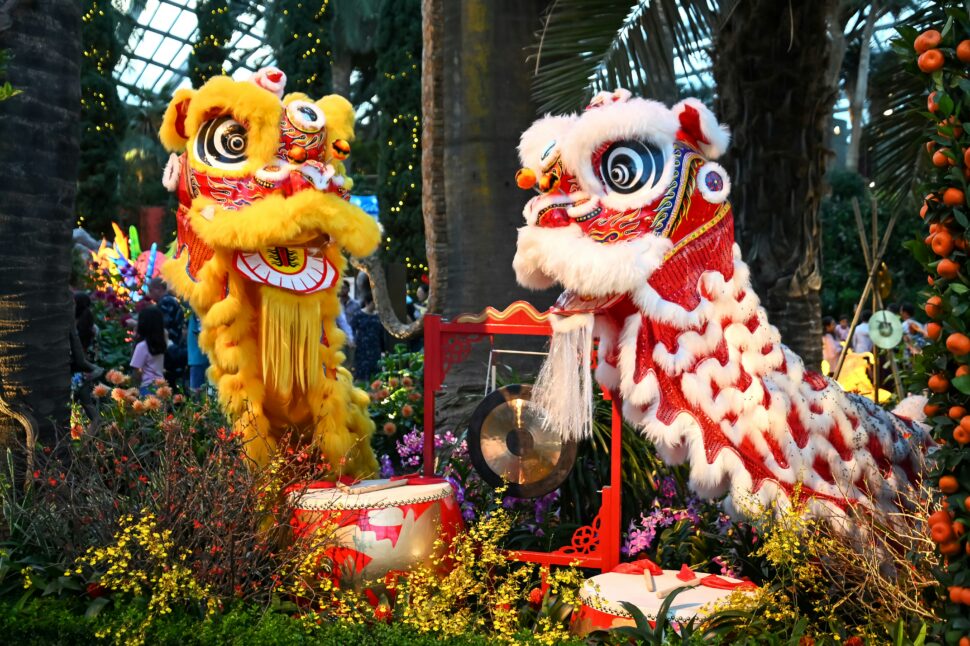
Lunar New Year is celebrated typically at the end of January or beginning of February, and is the beginning of the new year based on lunar calendars. Informally but more widely, it also marks the new year on lunisolar calendars. It’s celebrated in many cultures through the world, but most people associate the Lunar New Year with its East Asian celebrations, namely those in China, Vietnam, Taiwan, and Korea.
China: Chinese New Year is the largest annual celebration, lasting for 15 days with parades, fireworks, dragon dances, and traditional foods.
Worldwide: In major cities worldwide, such as San Francisco, New York, London, and Sydney, Lunar New Year celebrations and festivals draw crowds with cultural performances, lion dances, and vibrant decorations.
Travel Hacks for Winter Holiday Travel
Exploring winter holidays around the world requires some planning to make the most of the experience. A few travel hacks to keep in mind:
Plan for Crowds: Winter is a peak season for many destinations, so book accommodations and tickets early to secure the best rates.
Pack for Cold Weather: Many winter holiday destinations require warm clothing, so pack layers, hats, gloves, and insulated outerwear to stay comfortable.
Seek Off-Peak Experiences: Consider visiting famous sites on weekdays or early in the morning to avoid the holiday rush.
Embrace Local Traditions: Participate in local holiday customs, whether it’s joining a festival parade, sampling seasonal foods, or simply observing traditional rituals. These experiences will add depth to your travel memories.
Final Thoughts for the Winter Holidays
Winter holidays cater to a diverse pallet, from festive traditions to seasonal events, especially on a global scale. Whether you’re interested in the cozy charm of Christmas markets, the joy of New Year’s celebrations, or the intensity of Diwali and Kwanzaa, there are countless ways to make your winter travel memorable. Exploring global winter celebrations will bring a fresh perspective on the world and give you memories to cherish long after the season ends.
